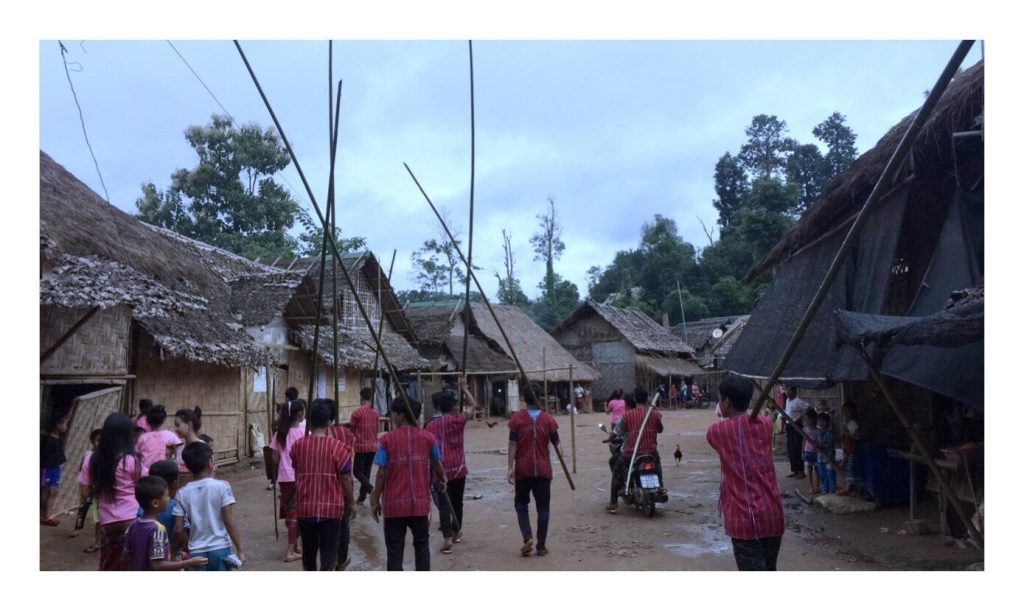January 31— Almost three years to the day after announcing the Muslim ban, the Trump administration today extended the ban to four additional countries, Eritrea, Kyrgyzstan, Myanmar, and Nigeria. The administration has also banned citizens of Sudan and Tanzania from applying for diversity visas.
“This new travel ban has nothing to do with the security of the United States and everything to do with xenophobia,” said Immigrant Law Center of Minnesota executive director Veena Iyer. “The new ban bars immigration from two additional African countries. Together with Somalia, which remains subject to the first Muslim ban, these countries account for 18 percent of the population of Africa. This cruel ban further separates and threatens immigrant and refugee families.”
“This extended ban will also affect the family members living abroad of a significant number of Karen and Karenni refugees from Myanmar/Burma and Eritrean refugees and immigrants who now live here,” said Iyer. “This action will directly harm Minnesota communities.”
The U.S. ban on immigration from Myanmar/Burma comes only eight days after the International Court of Justice at The Hague ruled against that country for its genocidal repression of Rohingya people.
The ban is one more step in the Trump administration’s efforts to erect a wall against legal immigration by people of color, Muslims, women, and the working class. This ban will also have a profound impact on LGBTQ refugees and religious and ethnic minorities who face widespread persecution.
Beginning on January 27, 2017, the first Muslim travel ban created massive human suffering, separating tens of thousands of U.S. citizens and legal residents from their families, denying medical treatment to those in desperate need, ending professional and educational opportunities, and depriving U.S. employers of valued employees. This ban was challenged, overturned in court, rewritten several times, and finally squeaked by the U.S. Supreme Court on administration promises to make humanitarian exceptions: promises that have been repeatedly ignored and broken. Today’s expansion of the administration’s immigration and travel bans will harm even more families and individuals, both in the United States and abroad.







